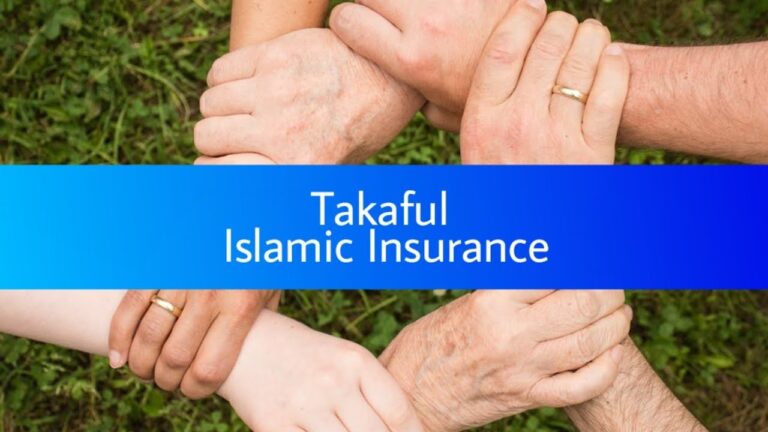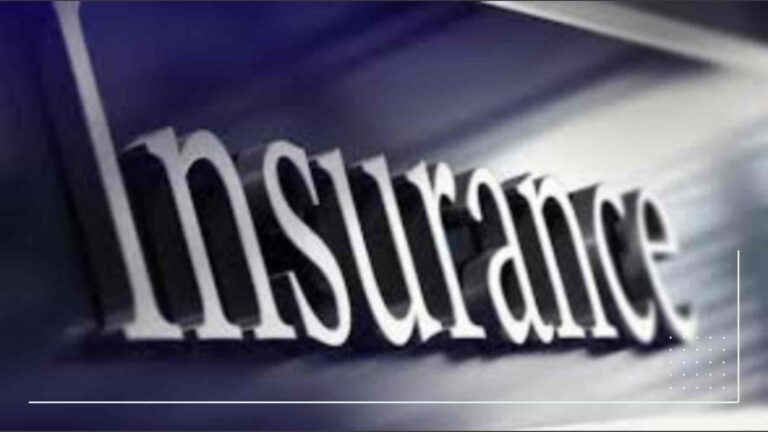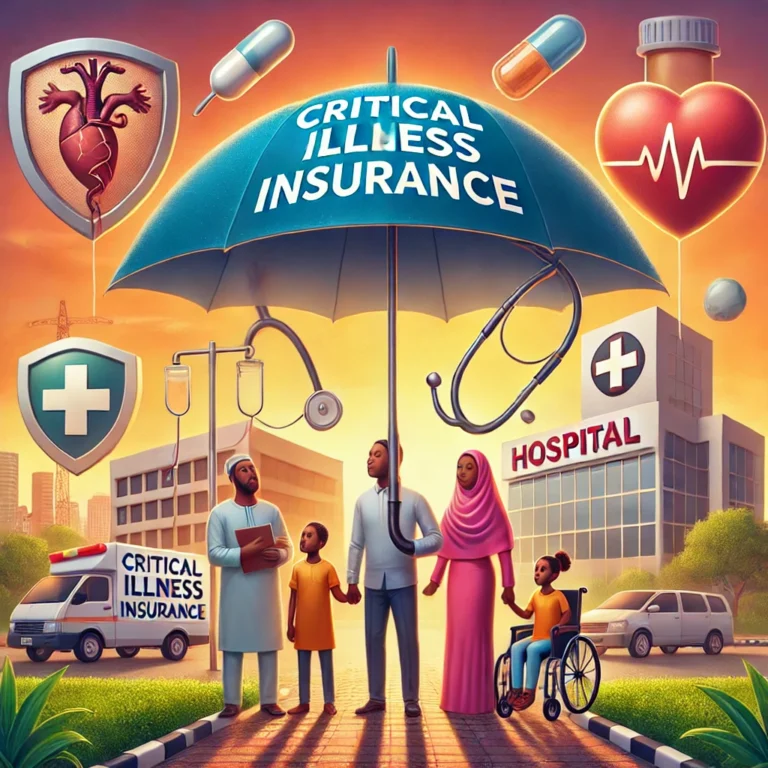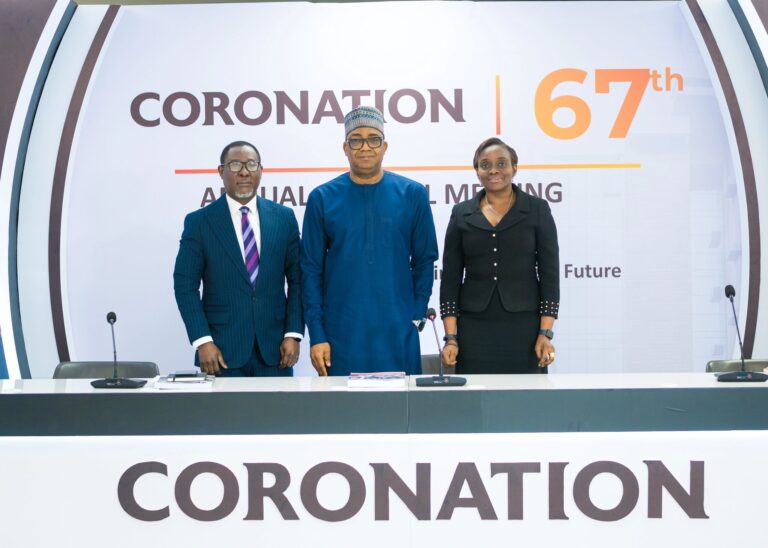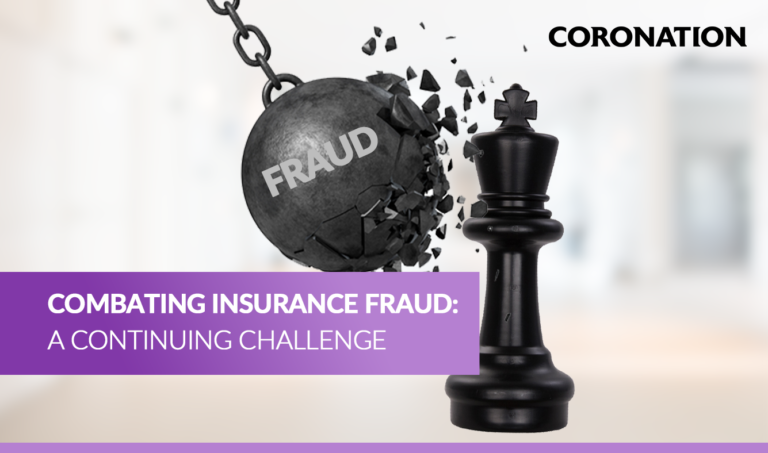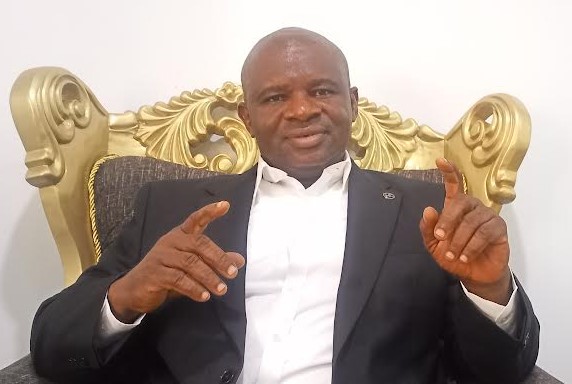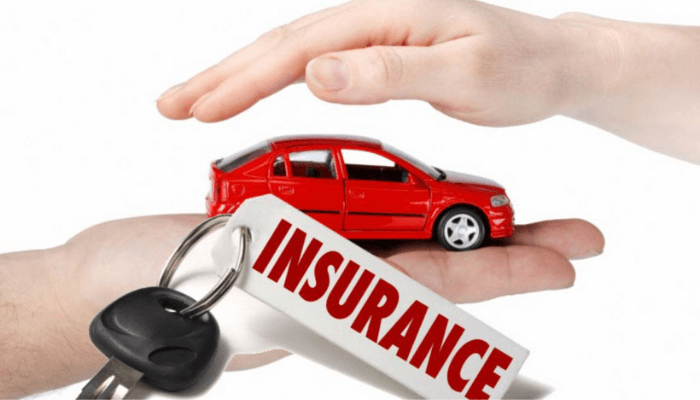
In a country where the roadways are often perilous and unpredictable, the recent announcement by the Inspector General of Police (IGP), Dr. Kayode Egbetokun, that full enforcement of third-party motor insurance will commence on February 1, 2025, is both timely and imperative. The decision, made in collaboration with the Commissioner for Insurance, Olusegun Omosehin, is an acknowledgment of the growing need to bolster public safety on Nigerian roads. However, while the move promises to provide much-needed financial protection and accountability in the event of road accidents, the question remains: will it truly address the root causes of road safety issues, or will it become just another layer of bureaucracy that burdens already-struggling citizens?
The facts are clear. In a country where an alarming 70 percent of vehicles remain uninsured, the threat of financial ruin after an accident is a stark reality for many Nigerians. The requirement for third-party motor insurance is not just a regulatory measure; as IGP Egbetokun rightly pointed out, it is a matter of public safety. Insurance is meant to shield individuals from the devastating consequences of accidents—whether they are at fault or not—by covering medical expenses, property damage, and other related costs. In a country plagued by road accidents, many of which involve unlicensed or uninsured vehicles, this type of insurance is an essential safety net for both drivers and pedestrians alike.
However, the implementation of this policy raises several important questions that need to be addressed before the full enforcement takes effect. First, how will the government ensure that this policy does not become another financial burden for citizens who already struggle with the high costs of living? While third-party insurance is often seen as a relatively affordable option compared to comprehensive coverage, for many Nigerians, even this basic form of insurance can still be an inaccessible luxury. With inflation rising and wages stagnating, the challenge of making insurance accessible to all vehicle owners—particularly those who use their cars as a means of survival—must not be underestimated.
Another key issue that must be considered is the infrastructure to support the enforcement of this policy. While the IGP and NAICOM are rightly focusing on raising awareness and ensuring compliance, the success of this initiative will depend largely on the capacity of local authorities to monitor, track, and enforce it consistently. With Nigeria’s notorious traffic police corruption and the country’s widespread distrust of law enforcement institutions, the enforcement mechanism could quickly become mired in inefficiency or exploitation if not handled transparently. Will this move truly enhance public safety, or will it simply create opportunities for extortion at roadblocks?
The role of mass awareness campaigns, as emphasized by Omosehin, cannot be overstated. Many Nigerians are either unaware of the legal requirement for insurance or do not fully understand its benefits. A nationwide effort to educate both citizens and police officers is crucial to ensuring that the policy is not just enforced but embraced by the public. However, this is where the complexity of the matter deepens. How do we change a culture that has been shaped by years of neglect, misinformation, and a general disregard for rules? Is a single, targeted campaign enough to overcome the ingrained attitudes towards lawlessness?
There is no doubt that third-party motor insurance, when properly implemented, could dramatically improve road safety in Nigeria. It would reduce the financial burden on individuals after accidents, protect vulnerable pedestrians, and ensure that those responsible for accidents are held accountable. But it is equally important to recognize that while insurance is a safety net, it is not a panacea for the deeper, systemic issues plaguing Nigeria’s roads. Poor road conditions, inadequate traffic management, and widespread disregard for traffic laws must also be addressed if any real progress is to be made in improving road safety.
As the February 1 deadline looms, it is crucial that the government and law enforcement agencies not only focus on enforcement but also on creating an environment where compliance with third-party insurance becomes a norm rather than a punitive measure. This policy must be viewed as part of a broader effort to improve road safety, not just as a revenue-generating tool. Only then will it be truly successful in protecting lives and property on Nigerian roads. Until then, the question remains: can we trust that this policy will be implemented fairly and effectively, or will it simply be another challenge for Nigerians to navigate in their already difficult daily lives?


